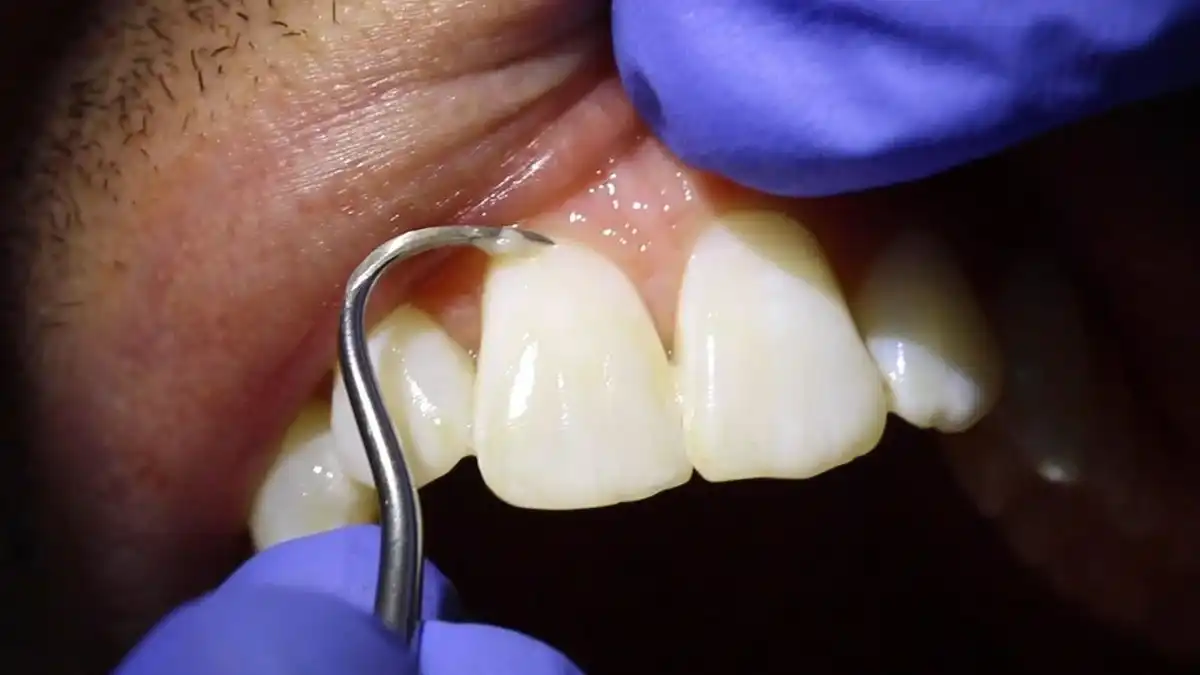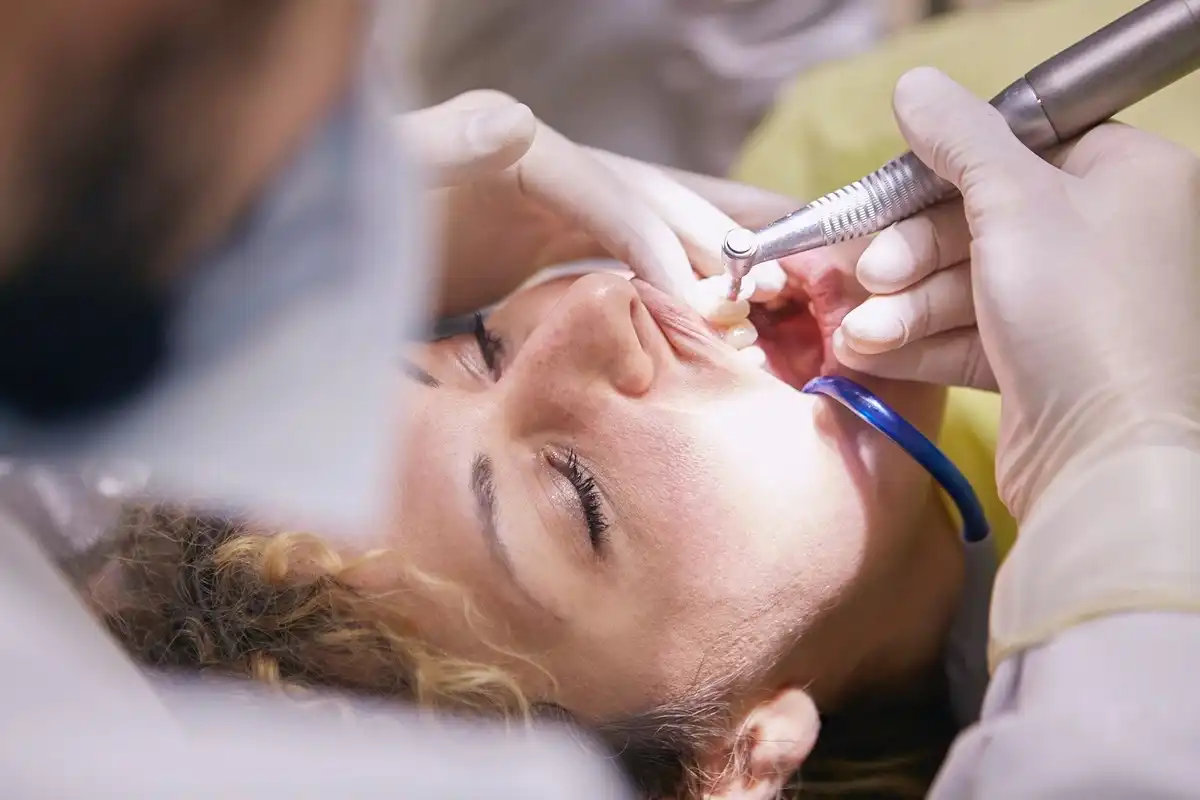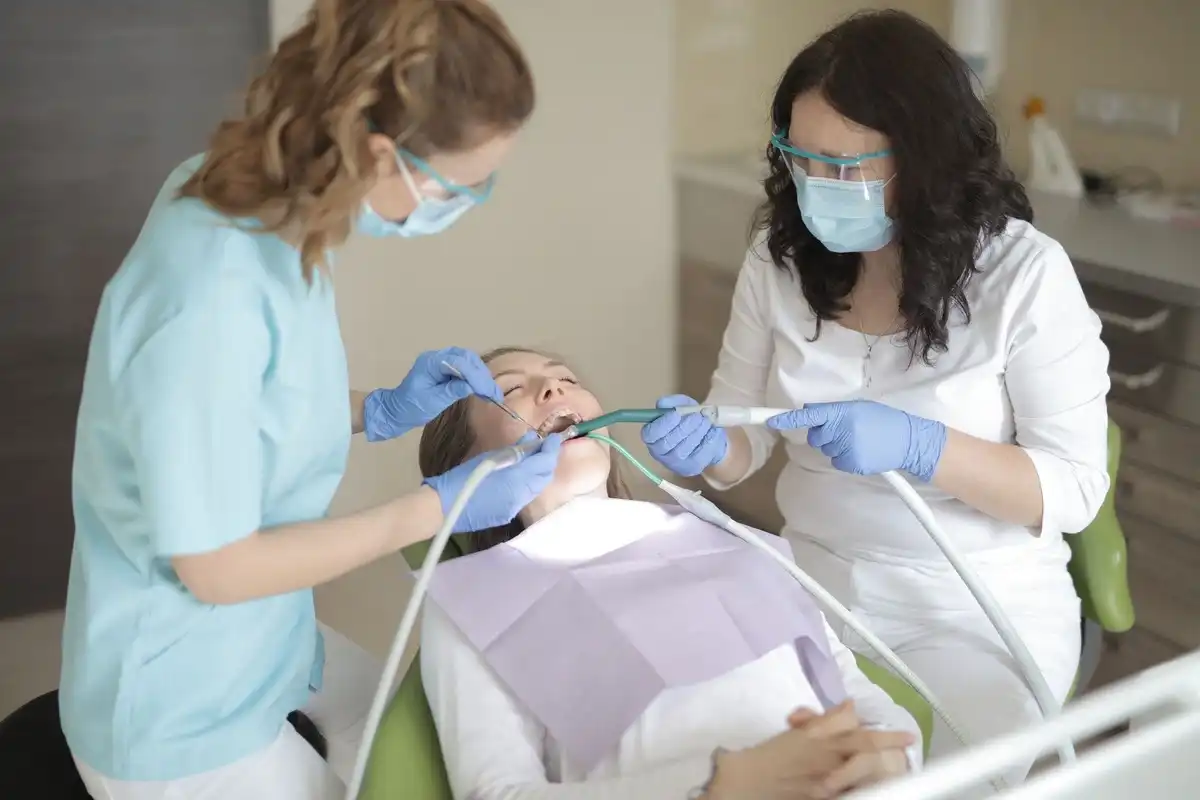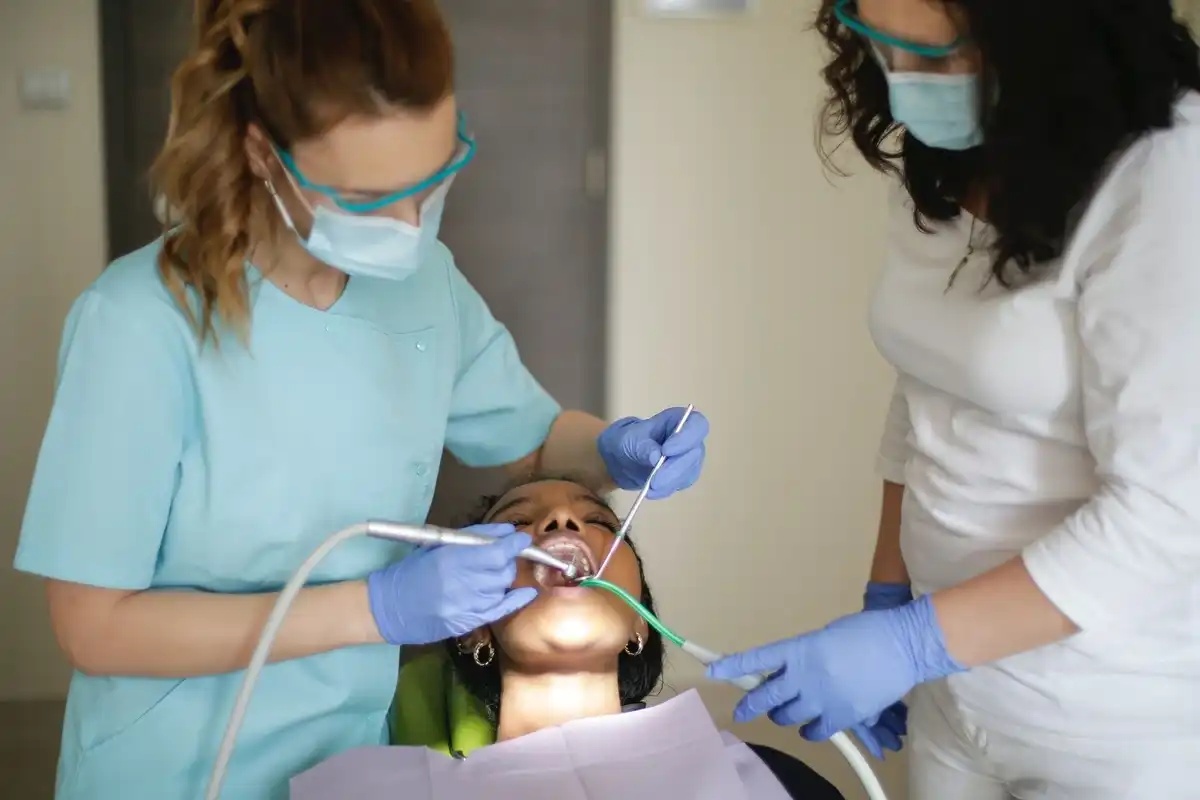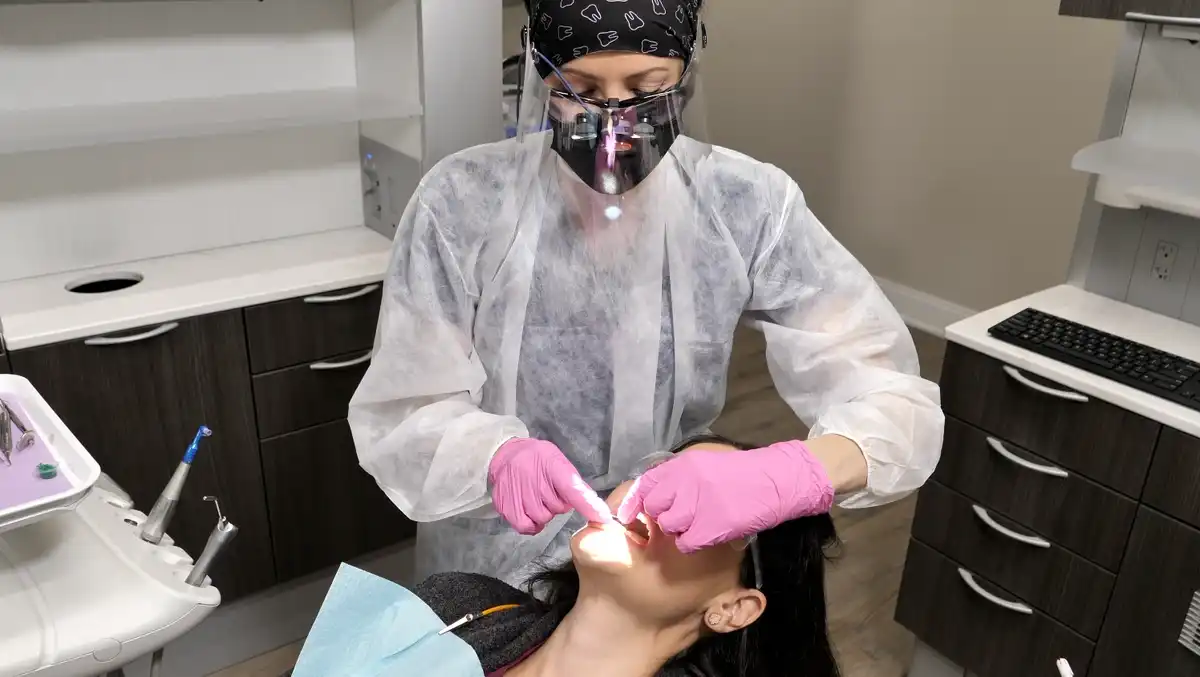Do You Really Need Dental Malpractice Insurance?


Are you a dental practitioner? Whether you’re a dentist or dental hygienist, dental liability insurance—aka dental malpractice insurance—may be a necessity to protect you and your career. But depending on where you’re working and which type of dental practitioner you are (like a dental hygienist) malpractice insurance may or may not be something you need to privately enroll in.
What Is Dental Malpractice Insurance?
Essentially, dental malpractice insurance is a type of professional liability insurance. It helps protect the dentist (or dental hygienist) in the instance of a patient filing a lawsuit against them…but only in certain cases.
Malpractice insurance helps protect you from or covers claims related to settlements, arbitration, medical bills and damages, at-fault damages related to malpractice, legal expenses, etc. However, it does not cover you for illegal activity or if you purposely commit some type of alteration to the patient records. Flat-out crimes and sexual misconduct against a patient are not covered under dental malpractice insurance.
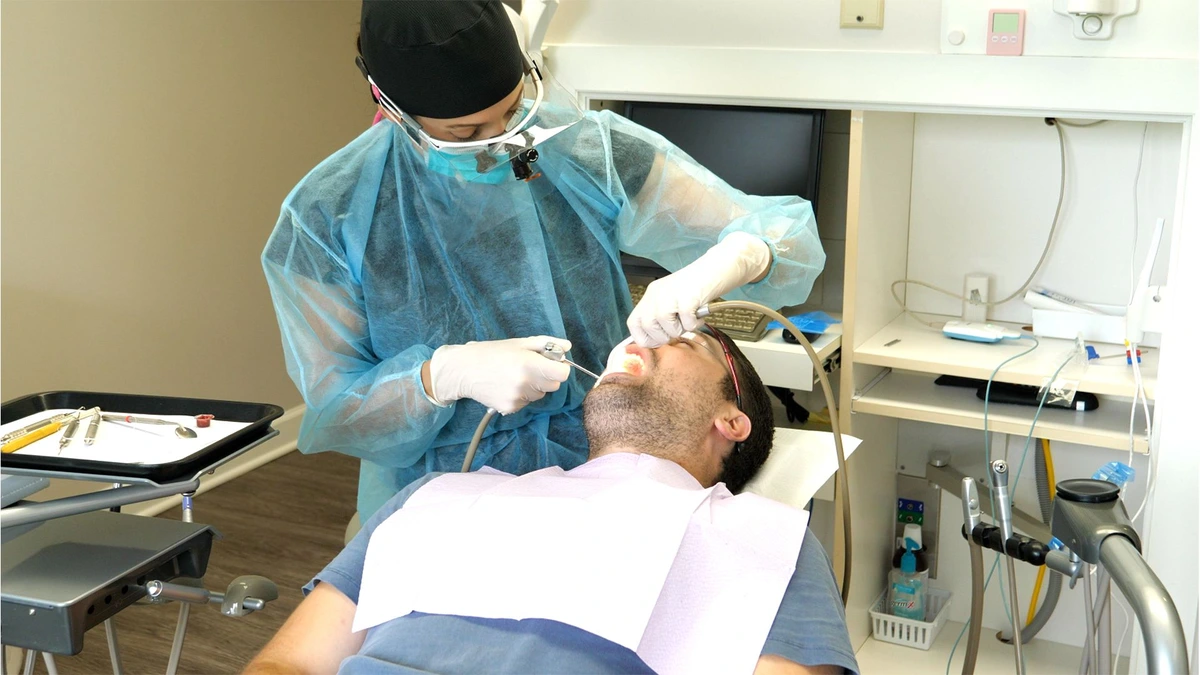
Who Gets Dental Malpractice Insurance?
Who needs to get dental malpractice insurance may seem obvious, but it’s not always a clear black and white decision.
Dentist
Individual dentists need dental malpractice insurance, regardless of where they’re practicing. Your policy will follow you wherever you’re licensed to practice. So, if you’re working a couple of days in one office and another somewhere else, or you change practices sometime during your career, you have protection no matter where you’re at, have been, or will be. Depending on where you’re at, showing that you’re enrolled in dental malpractice insurance coverage may be a requirement that you have to meet in order to have a dental license at all.
Dental Hygienist
Although dentists tend to be the most susceptible to malpractice lawsuits, hygienists are not immune to them either. As such, hygienists need to seriously consider whether or not they should invest in liability insurance even if it’s not mandated by their state dental board for licensure. And even though dental assistants are not licensed providers (no services are being rendered) there have been instances where dental assistants have been sued during malpractice claims. Albeit less common, a full-time dental assistant may want to consider affordable professional liability insurance to cover them in the chance of something happening. Get a free quote with berxi here (a Berkshire Hathaway company.)
Dental Or Dental Hygiene Students
Do you need dental liability insurance while in dental hygiene or dental school? No, because you are not a licensed dental provider. Your educational institution should have some type of insurance policy that covers patients under the care of their students. In fact, most dental schools will probably also have some type of dental liability insurance that covers their students during clinical board exams, should something happen.
Dental Entities
Dental entities—such as private dental practices, consulting firms, or teaching establishments—may need “entity malpractice insurance.” This type of coverage is another type of professional liability insurance that helps cover the practice as a whole business/organization, rather than a sole provider who practices inside of the group.
Why You Need It
Dental liability insurance can help protect dentists or dental hygienists from lawsuits associated with certain types of complications or side-effects related to patient care. For instance, a side-effect related to anesthesia delivery or misdiagnosis of some type of disease. Or maybe a person having an adverse drug reaction or tripping and falling in your dental office.
Dental malpractice insurance—when you meet the criteria at least—helps protect your financial investments by covering payouts related to patient lawsuits or claims that you are at fault for their given situation. Without it, you could potentially lose hundreds of thousands of dollars, your practice, your license, and your profession as a whole.
Why would a dental hygienist need malpractice insurance? Even though an injured or angry patient would most likely “go after” the dentist if they’ve been harmed because of care, there are instances where they may also sue the dental hygienist. A classic example might be if they lose their teeth to periodontal disease and there is not a signed informed consent or evidence of monitored neglect (i.e., only performing a prophy in the presence of moderate to severe pocketing and subgingival calculus deposits.) Another example is complications related to local anesthetic injections. Dental hygienist malpractice insurance protects you, your income, and your license. If your supervising dentist does not have dental liability or entity insurance, dental hygienist malpractice insurance is practically a must.
Get a free quote with berxi here (a Berkshire Hathaway company.)
What To Look For In Dental Liability Insurance
If you’re about to enroll in dental or dental hygienist malpractice insurance for the first time, it’s natural to feel a little overwhelmed. But once you know what to look for it can make the decision process much smoother.
1) Policy Cost
First, you want to consider how much the policy costs. Will it fit into your personal budget? Are you going to be paying for the premium, or is it something that your employer is willing to cover? For instance, if you work for a corporate dental practice, they may require that you carry your own policy or they may offer an option to employees and employee dentists as part of their benefits package.
2) Coverage
Second, you want to review what’s covered and what isn’t. Some of the standard provisions include who decides if a claim can and should be settled. The decision may fall on your shoulders or that of the malpractice carrier. If you want the final say, this “consent to settle” clause is a big deal.
3) Read The Fine Print
Next, make sure the policy covers all of the services you’re providing. Is there a surcharge that you need to add on to cover dental sedation or procedures performed during sedation delivery? Not all types of dental sedation are covered or included in all dental malpractice policies. Every insurance company and occurrence policies are different.
4) Tail Coverage
Finally, make sure the coverage in your policy will reach as far back or forward as needed. Some only cover you for things that happen while you’re enrolled in the plan, while others continue to protect you even if you drop your coverage. If you need protection for something that may have happened prior to enrolling, there’s also a “tail coverage” add-on you may want to consider.
Occurrence Coverage Vs. Claims-Made Coverage
There are a couple of different types of dental liability insurance on the market. One is “occurrence coverage” and the other is “claims made policy.”
With occurrence coverage, if someone comes back to try to sue you from something that happened way back when you were enrolled in the plan—even if you’re not still currently enrolled—the policy will cover you. You don’t have to still be paying premiums, as long as you were paying the premiums at the time the service to the patient was rendered. They don’t have to file a claim against you during your active policy, as it keeps working even if you didn’t enroll in that dental malpractice insurance policy.
Occurrence coverage:
- Usually costs more than claims made coverage policies
- Don’t have an expiration date on when the coverage expires
- Do not require add-on coverage or have a retroactive date requirement
With claims-made coverage, you’re only financially covered if you’re still paying premiums on your policy. Once you stop paying for professional liability coverage, it can no longer protect you against claims made by unhappy patients. In other words, you have to stay enrolled in it for as long as you want to protect yourself.
Claims Made Policy Coverage
- Tend to be more affordable than occurrence coverage
- Might require an add-on of “tail” coverage to cover things that happened before you enrolled
- Will have a set “retroactive date” as to how far back your coverage will go
Protect Yourself
Enrolling in dental malpractice insurance is a must for all dentists. It might actually be legally required just to keep your license active. But dentists should never, ever practice without professional liability. Having dental liability insurance will help to protect them (financially and professionally) should an accident ever happen or a patient come back and accuse them of faulty care and injury. You never know if and when some type of a freak accident could happen, no matter how well trained or experienced you are. Your professional liability insurance is the only lifeline available to protect your career and your quality of life. Otherwise, you could find yourself completely sued out of everything you own, including both your practice and home. That’s why so many state dental boards require it for licensure.
Get a free quote with berxi here (a Berkshire Hathaway company.)
If you’re a dental hygienist, malpractice insurance is more of a personal decision. At least depending on where you live and practice. It usually isn’t a requirement to get a hygiene license or by your employer, although it’s strongly encouraged. While historically patients “go after” the dentist of the dental practice, it certainly does not mean that they won’t also cast blame on the hygienist. Especially if they feel their hygienist is partly responsible for their condition. Investing in dental hygienist malpractice insurance can give you added peace of mind knowing you’re helping to protect your income and license, especially if your dentist’s coverage lapses or you would rather be safe than sorry.

Make your inbox smile!
Subscribe
